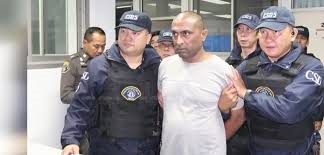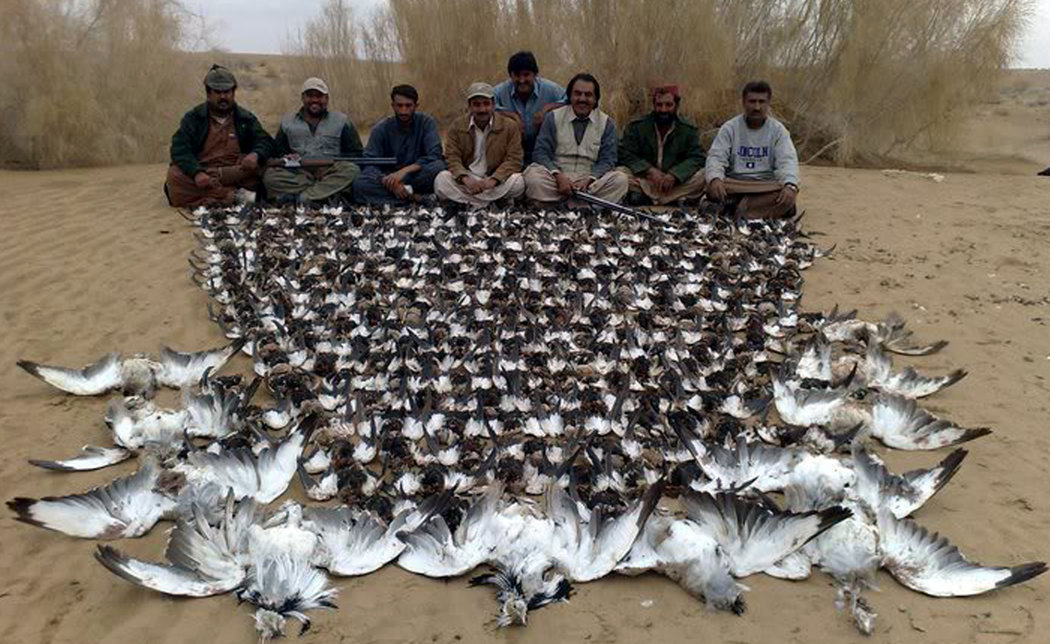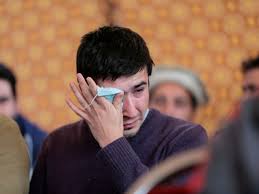KARACHI, Dec 13: Main accused of the Baldia factory fire was brought to Karachi from Bangkok here on Tuesday.
two-member Federal Investigation Agency�s team had gone to Bangkok after Bangkok police and Interpol arrested former Muttahida Qaumi Movement (MQM) Sector In-charge and main accused in the Baldia factory fire case.
According to the charge sheet of Baldia factory case, Abdul Rehman alias Bhola, alongwith other accused set a fire to garment factory after its owner refused to pay extortion to the chief of the MQM Tanzeemi Committee, Hammad Siddiqui. The incident, occurred on 11 September 2012, had taken lives of 258 innocent factory workers.
Abdul Rehman had been absconding with multiple non-bailable arrest warrants being issued by the court but he remained at large till the Bangkok police and Interpol arrested him from hotel in the Thailand capital. Abdul Rehman, 46, was detained at a hotel in the red light district Nana area of the capital on Friday evening, said Thailand’s Interpol chief. Addressing a news conference on Saturday the Bangkok Police Chief said Thailand had Zero tolerance for criminals. He said that Bhola will be handed over to Pakistan authorities upon their arrival into the Thai Capital.
According to reports, quoting Major General Apichart Suriboonya, the Thai Interpol tracked Bhola following an arrest warrant sought by the Pakistani authorities.
FIA deputed to officers, deputy director Badaruddin Baloch and Inspector Rehmatullah Dhomki, to bring back Bhola from Thailand. Sources said that Bhola, a close aide of former Tanzeemi Committee head Hammad Siddiqui, had joined the Mustafa Kamal led Pak Sarzameen Party. According to membership form, Abdul Rehman s/o of Abdul Sattar, age 45, is resident of Baldia Town and is government official in Karachi Metropolitan Corporation.
Pak Sarzameen Party (PSP) chief Mustafa Kamal A, while talking to media in Lahore denied that his party had any association with Abdul Rehman alias Bhola. Bhola was never a member of PSP, we categorically deny this claim. Anyone can download and fill the party form off the internet, Kamal told. The whatasapp group and social media website, especially Twitter, were flooded with Bhola family members being snapped with PSP leaders in Pakistan House.










